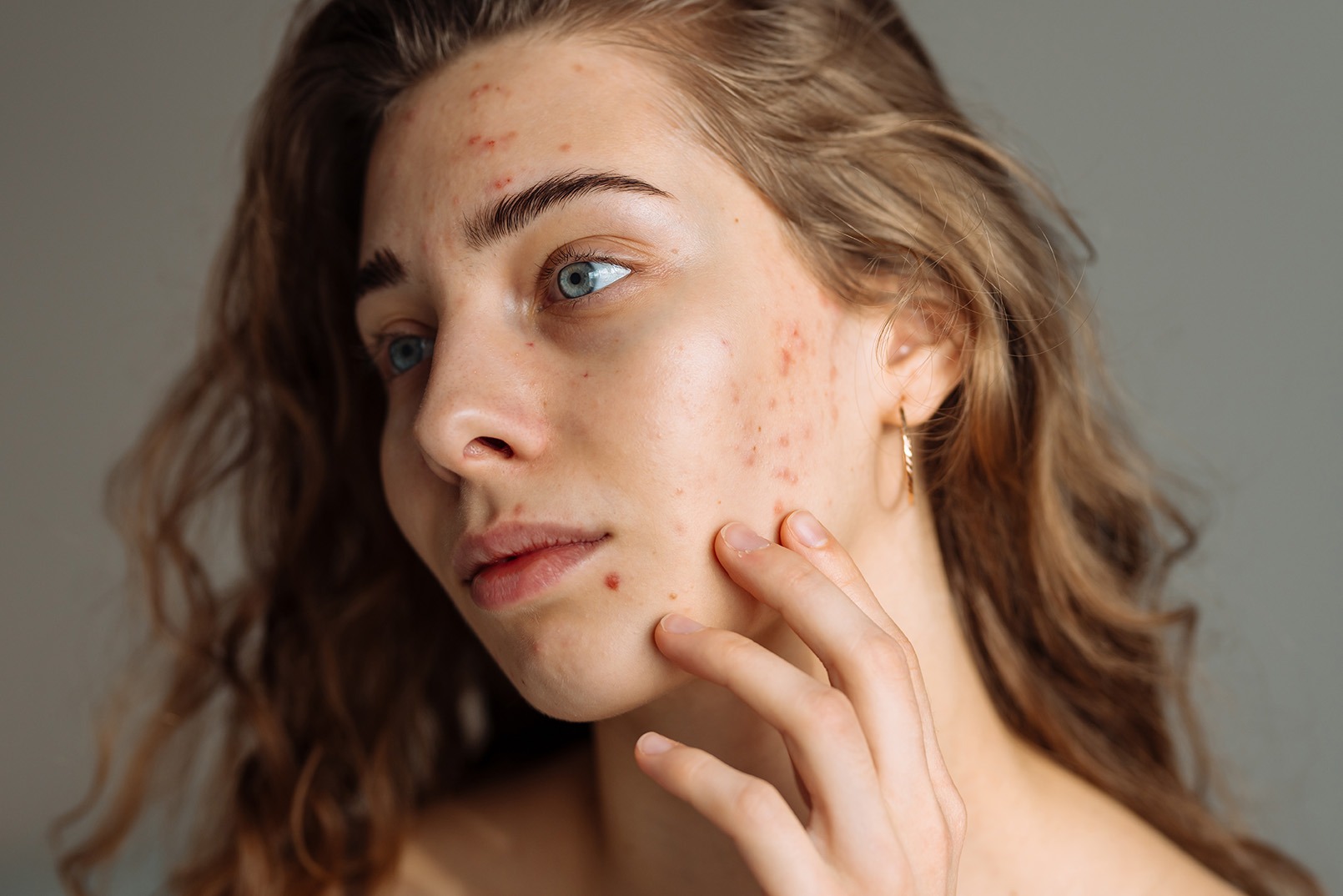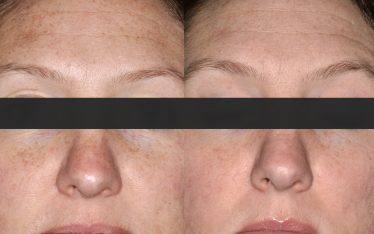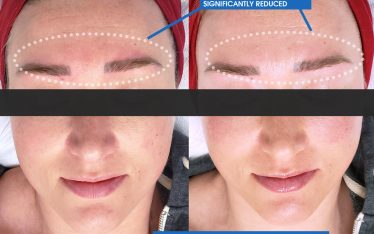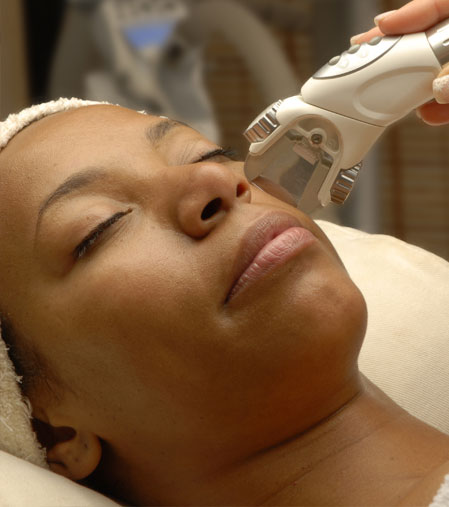Skin & Stress: Exploring the Connection Between Mental Health and Flare-Ups

Most people have noticed it at some point: during stressful times, the skin starts to react. Breakouts, flare-ups of eczema, or worsening psoriasis can appear right when life already feels overwhelming. Far from being a coincidence, research shows that stress affects the skin through complex biological pathways.
The connection between mental health and skin health is often called the “mind-skin connection.” Stress hormones can alter inflammation, weaken the skin barrier, and disrupt oil production—all of which make existing conditions harder to control. By understanding this link, you can take steps to protect your skin and break the cycle.
The Mind-Skin Connection: How Stress Affects Your Body
The relationship between the brain and the skin is sometimes called the “brain-skin axis.” When you’re under pressure, your body activates its stress response. This includes the release of cortisol and other hormones from the hypothalamic-pituitary-adrenal (HPA) axis.
High cortisol affects the immune system and increases inflammation throughout the body. In the skin, this translates into:
- A weakened barrier, which makes it harder to retain moisture and easier for irritants to get in.
- More inflammation, which can worsen redness, itching, or lesions.
- Changes in oil production, which can lead to clogged pores and breakouts.
Research confirms that stress is not just an emotional experience. It has direct physical consequences that show up on your skin.
Eczema and Stress: Why Flare-Ups Happen
People with eczema often notice flare-ups during stressful times, and science explains why. Cortisol interferes with the skin’s ability to repair and maintain its protective barrier. As a result, dryness increases and the skin becomes more vulnerable to irritation.
During stress, many patients experience:
- More itching and scratching, which worsens inflammation.
- Redness and dryness that are harder to control.
- Slower recovery after a flare.
Tips for managing eczema under stress:
- Keep your skincare routine consistent with gentle cleansers and moisturizers.
- Use prescribed treatments, like topical steroids or non-steroid creams, as directed.
- Try stress-reduction habits like deep breathing or short breaks throughout the day.
- Seek support from a dermatologist for eczema treatments if flares become difficult to manage.
Acne and Stress: Breakouts Beyond Hormones
Acne isn’t just about teenage hormones—adults can experience stress-related breakouts, too. Cortisol and other stress hormones increase oil (sebum) production in the skin. This extra oil, combined with bacteria and dead skin cells, clogs pores and triggers inflammation.
Stress also makes it harder to stick with a routine. Late nights, poor diet, or skipped skincare steps can contribute to worsening acne.
Ways to reduce stress-related acne:
- Stick with your core routine: gentle cleanser, moisturizer, and sunscreen.
- Avoid over-washing or harsh scrubs, which can aggravate skin.
- Consider acne-fighting actives (salicylic acid, benzoyl peroxide, or retinoids).
- For persistent breakouts, talk to a dermatologist about acne treatments such as prescription medications or in-office options.
Psoriasis and Stress: A Vicious Cycle
Psoriasis and stress share a two-way relationship. Stress is a common trigger for flare-ups, and living with psoriasis often increases stress levels in return. This cycle can be hard to break without support.
Stress influences the immune system, making the inflammatory response in psoriasis more intense. At the same time, visible plaques or discomfort may increase self-consciousness, anxiety, or even depression.
Coping strategies for psoriasis and stress:
- Follow treatment plans consistently, even when skin improves.
- Try relaxation techniques such as meditation or yoga, which have shown benefit in some studies.
- Seek care from a dermatologist for psoriasis treatments tailored to your needs.
- Consider support groups or mental health resources to reduce the emotional impact.
The Psychological Impact of Skin Conditions
Skin conditions don’t just affect the surface. Because skin is so visible, flare-ups of acne, eczema, or psoriasis can deeply affect self-esteem and confidence. Studies show that people living with chronic skin disease experience higher rates of anxiety and depression, sometimes comparable to those with other chronic illnesses.
The frustration of dealing with unpredictable flare-ups can make social situations stressful, contribute to feelings of isolation, or reduce quality of life. Some patients avoid activities they enjoy—like swimming, exercising, or even attending social gatherings—because of concerns about their appearance. Over time, this creates a cycle where stress makes skin worse, and worsening skin increases stress.
This is why dermatology and mental health should be viewed together. Caring for skin is not just about appearance; it’s about protecting emotional well-being and helping patients feel more comfortable in their own lives.
Stress Management Strategies for Healthier Skin
You can’t eliminate stress completely, but you can reduce its impact on your body and skin. A mix of healthy routines and coping strategies can make flare-ups less frequent and easier to manage.
- Prioritize sleep. Aim for 7–9 hours of restful sleep. Poor sleep raises cortisol, while deep, restorative sleep helps your skin repair itself.
- Exercise regularly. Movement reduces stress hormones and increases circulation, delivering more oxygen and nutrients to the skin. Even light activity, like walking, can make a difference.
- Eat well. Diet plays a role in inflammation. Antioxidant-rich fruits and vegetables, lean proteins, and omega-3s from fish or nuts can calm stress pathways, while too much sugar or processed food may fuel them.
- Practice relaxation techniques. Mindfulness, meditation, yoga, or even short breathing exercises have been shown to lower stress levels and reduce flare severity.
- Limit alcohol, caffeine, and smoking. Each of these habits can increase dehydration, worsen inflammation, and trigger visible skin changes. Cutting back supports both your skin and overall health.
- Protect your skin daily. Stress can make skin more vulnerable to outside irritants. Consistent sunscreen use is a must, even when it’s cloudy.
By combining stress management with good skincare, many people find flare-ups easier to control and recover faster.
When to Seek Professional Help
Sometimes, stress-management strategies and over-the-counter care aren’t enough. Seek help from a dermatologist if:
- Your skin condition worsens despite consistent skincare.
- You have frequent flare-ups that interfere with daily life.
- Your skin symptoms are linked with significant stress, anxiety, or depression.
Dermatologists can provide evidence-based treatments, from topical medications to systemic therapies, and collaborate with mental health providers when appropriate. Clarus Dermatology offers general dermatology services for patients dealing with stress-related skin concerns.
Clarus Dermatology’s Approach
At Clarus Dermatology, we understand that skin health and mental health are connected. Our approach includes:
- Evidence-based treatments for conditions like eczema, acne, and psoriasis.
- Whole-patient care, focusing not just on the skin but also on the lifestyle and stress factors that affect it.
- Supportive consultations that emphasize patient education and long-term management.
If stress is affecting your skin—or if your skin condition is increasing stress—we can help. Contact Clarus Dermatology today to schedule a consultation.


